Thaumaturgy and theurgy are old concepts in the Western mystery tradition, and they find new relevance and importance for today’s magicians, occultists, and practitioners. Though they are sometimes treated as competing ideas or even opposites, their definitions aren’t as cut-and-dried as you might hope. In this article, we will briefly explore these two concepts, where they came from, and how they are treated by today’s practitioners.
Origins of Theurgy
Theurgy comes from a Greek word meaning “god working” or “divine working”. It has usually been seen as the practice of calling upon gods, daemons, or higher powers through ritual and ceremony. Sometimes this was done with the intent of unifying the ritualist’s mind with the divine, or sending the ritualist’s spirit or intellect into a higher realm of being to have some kind of mystical experience.
Iamblichus, a 3rd and 4th c. CE Neoplatonic philosopher, is probably the most well-known classical writer on theurgy. He discusses Egyptian philosophers – perhaps Hermeticists – who practiced “sacerdotal theurgy” that allowed their intellects to ascend into the heavens to survey the construction of creation.1
However, Iamblichus also seems to blend together the mystical experience of theurgy with the practice of divination, sometimes seeming to imply that the practitioner of theurgy is privy to a more special type of knowledge.2
Origins of Thaumaturgy
Related to theurgy is thaumaturgy, a term sometimes translated as “wonder-working”. In various traditions, those who practice thaumaturgy have been purported to cause miracles, magical effects, or manifestations of the supernatural. In fact, there is a 3rd c. Christian saint called Gregory Thaumaturgos, or Gregory the Miracle-worker, who was so well-known for his miracles that he even got a cool nickname from them.
While nothing explicitly states that there is anything divine about thaumaturgy, in traditions such as Christianity and Islam, it is seen as divine powers manifesting through a holy person. The primary difference between theurgy and thaumaturgy, then, is that while theurgy seems focused on mystical experience, thaumaturgy is focused on producing supernatural effects in the material world.
Iamblichus also writes about something akin to wonder-working or thaumaturgy, but he uses a different word: γοητεία – goeteia, or sorcery.3 However, through the intervening centuries, goeteia has become associated with the Ars Goetia, otherwise known as The Lesser Key of Solomon. That book deals with a very specific type of magical work, while also co-opting a perfectly suitable Greek word for sorcery. We are therefore stuck with thaumaturgy.
Modern Differences Between Theurgy and Thaumaturgy
Magic has changed a lot since the 3rd century.4 As we’ve seen, the ancient term for sorcery, goeteia, has been replaced by a word for wonder-working, thaumaturgy. Different traditions, schools, and teachers seem to use thaumaturgy and theurgy to mean slightly different things, so what you read in this blog post might not be what you learn on your path.
What I have learned, and what I continue to teach, is that theurgy is any magical practice that aims to raise the consciousness, soul, or intellect of the practitioner to reach higher realms. On the other hand, thaumaturgy consists of any magical practice which seeks to cause change in the material world and is not focused on raising the consciousness of the practitioner. Any practitioner needs to learn both, at the very least just to see how they work.
One problem with coming up with overly specific categories, though, is that they won’t necessarily always catch everything. My friend Misha Magdalene of Outside the Charmed Circle described thaumaturgy and theurgy in their new book. Misha describes thaumaturgy as wonder-working that is performed through the practitioner’s inner will, while theurgy is wonder-working using divine power.5 These are two important categories that aren’t covered by my own definitions of those two terms.
Another excellent example of where these two categories fail is in some of the practices that I write about regularly. I would argue with myself that both the art of memory and Mussar are theurgic practices, but they also have the capacity for wonder-working. I have been calling them practical spirituality. Perhaps a better term is something like “theurgy with side-effects”.
Categories are tricky, indeed.
Did you like this article? My patrons received it five days early. Support my work on Patreon!

The featured image for this post is Phaeodaria–Rohrstrahlinge from Kunstformen der Natur (1904) by Ernst Haeckel.
- Iamblichus. On the Mysteries of the Egyptians, Chaldeans, and Assyrians. Translated by Thomas Taylor. London : Bertram Dobell & Reeves and Turner, 1895. http://archive.org/details/b24884170. 304-6. ↩
- Iamblichus. 320. ↩
- Iamblichus. 220-23. ↩
- Though maybe not as much as we might think. See Plaisance, Christopher. “Magic Made Modern? Re-Evaluating the Novelty of the Golden Dawn’s Magic.” Correspondences 22 (December 1, 2014): 159–87. ↩
- Magdalene, Misha. Outside the Charmed Circle: Exploring Gender & Sexuality in Magical Practice, 2020. 167-8. ↩

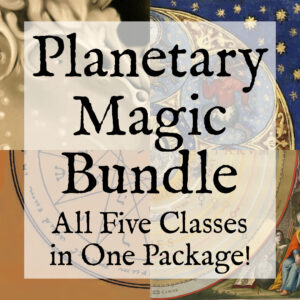
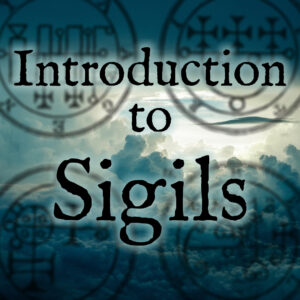
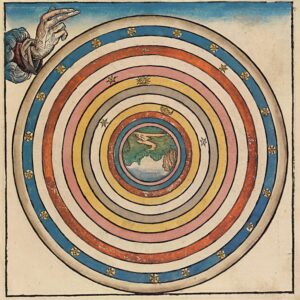

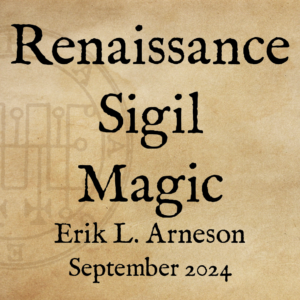
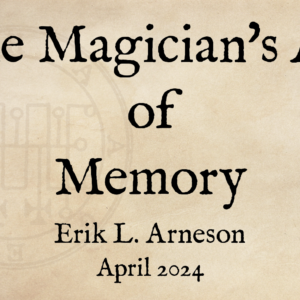
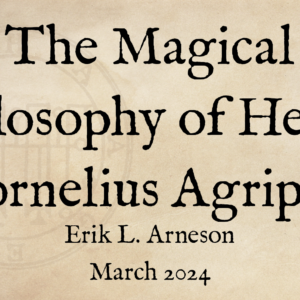
[…] mystery schools taught theurgic techniques for the practitioner to ascend through the layers of the planetary spheres to reach the divine […]
Interesting post. I admit to not really liking the usual translation “god-working,” as it implies that the operator is somehow manipulating higher spiritual forces, whereas the opposite is the case (if successful, the operator becomes an instrument of the divine.)
From my admittedly narrow folk practice perspective, which admits only what is commonly understood as theurgy, the idea of what is commonly called “thaumaturgy” is regarded as either 1) charlatanism and/or stage magic, or 2) an operator who is enacting the divine will but is under the mistaken impression that he or she is enacting his/her own will. I know, reductionist point of view, but, as noted, I have only a little knowledge of theurgy and none of thaumaturgy.
After all, magic may change some, but the gods abide.
Axé
That is an interesting take, but I believe you might be misunderstanding both thaumaturgy and theurgy. Thaumaturgy is “wonder-working” in that it creates change in the world, so most folk magic would absolutely be thaumaturgy: healing, charms, breaking curses, fixing crops, etc. Those are all thaumaturgy. I would say that if you have a folk practice perspective, you likely have much knowledge of thaumaturgy.
Theurgy would include mystical practices such as prayer-based meditation intended to bring one closer to the gods, even if your practice only involves one god.
Appreciate the reply, but no, the folk tradition I work with is pretty explicitly about preparing the soul of the operator as a potential vehicle for the gods and for illumination (granted, it comes from a place with a long history of thing kind of thing…Campanella, Ficino, etc., but I didn’t learn about this history until I started reading more into things). In a way, it’s more like conventional religion than what is typically understood as magic–it doesn’t aim so much for external changes as to unite the operator with the gods.
Meant to add a huge thank you for the link to that Christopher Plaisance piece…I missed it on the first read-through. Really fascinating take on the windings of the Western Tradition.
Axé
Oh, that is so interesting! My apologies, when I read “folk tradition”, I just assumed you were talking about folk magic or the cunningfolk tradition. I don’t think I have any knowledge of what you’re talking about. I would love to learn more. Can you send me some links or article titles?
No problem at all. Wish I could…but the folks who passed on this tradition were, unfortunately, not literate and have since passed, nor would they likely have described what they were doing as theurgy per se. Was only when I came across the magic of the Renaissance did I get an inkling of what’s going on. If you can find Tommaso Campanella’s brief tract on meditation you’d have a good idea of what’s going on (it’s not particularly elaborate like the “high magic” one thinks of in the more learned circles, but the end result is, in my estimation, theurgic.) Not sure if Campanella is available in English, however.
Axé and may the gods light your path.
I know that I have read about Tommaso Campanella, but I’m not sure I’ve read his works. I will look through my materials! Thank you, this sounds quite interesting, and that is an excellent starting place. There is always so much more to learn; it is both humbling and thrilling.
Campanella’s an interesting character. Imagine, if you will, what it would take for a friar with a less-than-savory reputation to make his way into the Vatican and successfully convince the Pope to conduct Orphic rituals involving planetary “spirits” (!!) and you have some idea of who you’re dealing with…
Thanks again for the excellent post and reference materials.
Axé!
[…] however, are very quick and easy to elect for, and lend themselves better to more immediate thaumaturgical […]
[…] The Difference Between Thaumaturgy and Theurgy […]
[…] The Difference Between Thaumaturgy and Theurgy […]
[…] may be useful to view talismanic operations through the distinction of theurgy and thaumaturgy. Erik Arneson defines theurgy as “god working” aimed at “rais[ing] the consciousness, soul, or intellect of […]